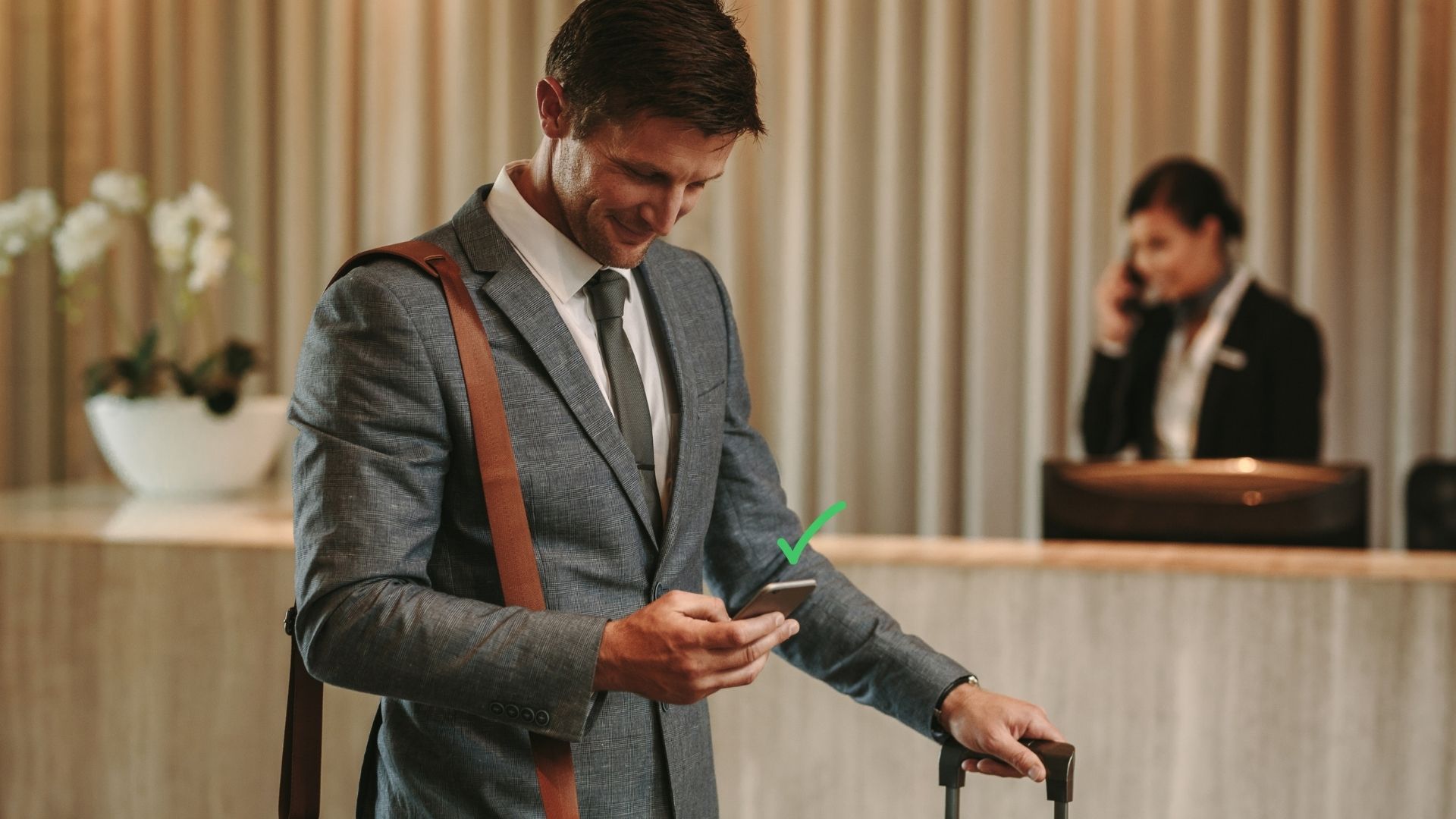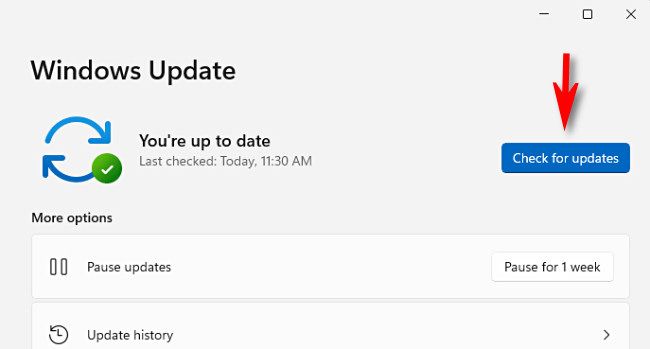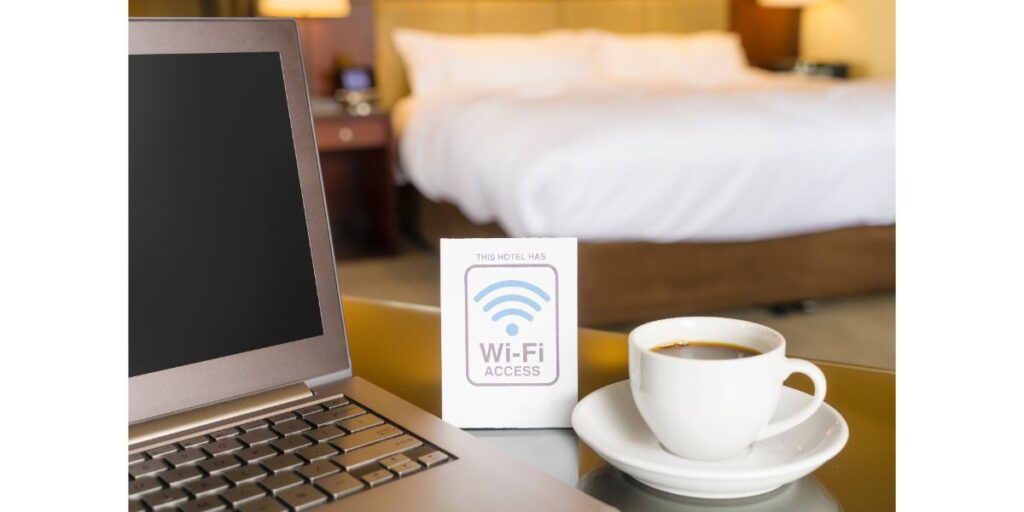Can hotels see what websites you visit, and how can you protect your privacy while staying at a hotel? This is a growing concern for travelers who are increasingly aware of the digital footprints they leave behind. While most people assume that their online activity is private, especially when using a hotel’s Wi-Fi network, the reality is more complex. Hotels have access to various data points, and understanding how this works is crucial for maintaining online privacy.
Understanding Hotel Access to Your Data
Hotels often provide internet services as part of their amenities, and these networks are typically managed by the hotel or a third-party provider. When guests connect to the hotel’s Wi-Fi, the network administrator has the ability to monitor and collect certain types of data. This includes the websites visited, the duration of visits, and even the amount of data transferred. However, it’s important to note that the level of access varies depending on the hotel’s policies and the technology used.
For example, some hotels may use basic routers that only track general usage statistics, while others might employ advanced monitoring tools that can capture more detailed information. In addition, if a hotel uses a captive portal for login, it could potentially collect personal information such as names, email addresses, and even payment details. This data can be stored for various purposes, including marketing or security reasons.
What Information Can Be Accessed?

The primary data that hotels can access includes the URLs of the websites you visit. This means that if you’re browsing the web, the hotel’s network administrator can see which sites you’re visiting, but not necessarily the content of those sites unless they are unencrypted. For instance, if you’re using HTTPS, the data transmitted between your device and the website is encrypted, making it difficult for anyone to read the content of your communications.
However, there are exceptions. If you’re using an unsecured website (HTTP), the data can be intercepted and viewed by anyone with access to the network. Additionally, some hotels might install software that tracks user behavior, such as the time spent on specific websites or the frequency of visits. This can lead to potential privacy issues, especially if the data is shared with third parties or used for targeted advertising.
How to Protect Your Privacy

To protect your privacy while using hotel Wi-Fi, there are several steps you can take. One of the most effective methods is to use a Virtual Private Network (VPN). A VPN creates an encrypted tunnel between your device and the internet, ensuring that your online activities remain private. By routing your traffic through a secure server, a VPN can prevent the hotel from seeing the websites you visit or the data you transmit.
Another strategy is to avoid logging into sensitive accounts while on hotel Wi-Fi. This includes banking, email, and social media accounts. Instead, consider using mobile data or a personal hotspot if possible. If you must log in, ensure that the website uses HTTPS and that you have strong, unique passwords for each account.
Additional Tips for Secure Browsing

In addition to using a VPN, there are other measures you can take to enhance your online security. For instance, enabling two-factor authentication (2FA) on your accounts adds an extra layer of protection against unauthorized access. This means that even if someone gains access to your password, they would still need a second form of verification, such as a code sent to your phone.
Furthermore, it’s advisable to keep your devices updated with the latest security patches and software updates. These updates often include fixes for vulnerabilities that could be exploited by malicious actors. Regularly updating your operating system and applications can significantly reduce the risk of cyber threats.
Conclusion
While hotels may have access to certain data when you use their Wi-Fi, there are practical steps you can take to protect your online privacy. By understanding how hotel networks operate and implementing security measures like using a VPN, avoiding sensitive logins, and keeping your devices updated, you can enjoy a safer and more secure internet experience during your travels. As digital privacy becomes increasingly important, being proactive about your online safety is essential for any modern traveler.



